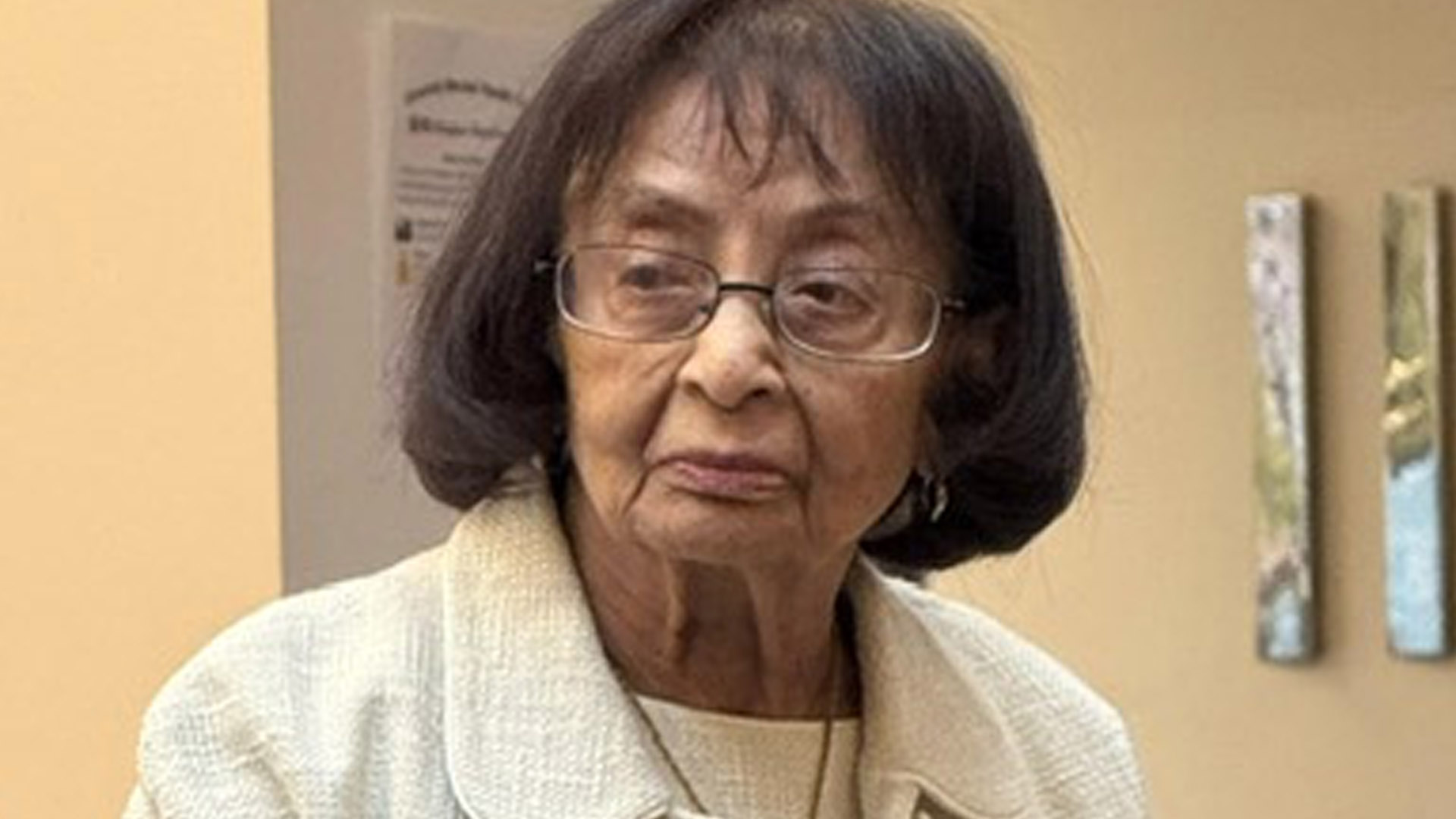
Rashida Keshavjee, Educational Sociologist
At an honouring ceremony held at the Pavilion Hall of City-St George’s University of London on March 13, Jessica Jones Nielsen, Assistant Vice President (EDI-Race Equality) of the School of Health and Medical Sciences, announced the selection of Zanzibar-born Professor Emeritus, Dr Amina Jindani, global specialist on tuberculosis clinical trials, as the winner of the 2025 Extraordinary Woman of the Year Award. She becomes the first Muslim to be given this honour.
For more than 40 years, Professor Jindani has been conducting international multicentre clinical trials on pulmonary tuberculosis with the objective of significantly reducing treatment duration and eventually eliminating the disease. Her work has built trial capacity across the world, including, and empowering, teams in Asia, Africa, and South America. She founded World Without TB, a charity that has helped support these teams, providing critical laboratory equipment and support.
Speaking to an audience of over 100 people, including professors, university personnel, NGO activists, and students, Professor Jindani expressed gratitude for being selected and highlighted the need to reduce the current duration of tuberculosis treatment with existing drugs, pending the discovery of an effective vaccine. She stressed that while current treatment has been reduced from 18 months to 6 months, the objective is still to bring it down to a “one-shot” treatment.
Professor Jindani emphasised, “This is an archetypal poverty-related disease which can be eliminated through more commitment, application, and better funding.”
In a panel discussion that followed with fellow researchers Sara Woods and Eleanor Waithe-Arnold, Professor Jindani was asked about the most significant defining moments in her life. She recounted two:
Firstly, a visit to their home in Zanzibar in the 1940s by His Highness the Aga Khan III (1877-1957), who advised her parents to send her to become a medical doctor. Being the youngest of six girls in a diasporic Indian family, this posed a massive challenge since Latin was a requirement for entry into medical school, and this was not taught in Zanzibar. Furthermore, neither Kenya nor Tanganyika had a medical school at the time.
The second defining moment was being sent to an all-girls boarding school, St Michael’s in Petworth, Surrey, where she was one of the very few non-White girls from the colonies. Despite the challenges, she excelled, winning prizes in Latin, Literature, and Divinity. Many of the friendships she made there became lifelong companions.
Professor Jindani later studied Medicine at the Royal Free Hospital in London, qualifying in 1962. She completed an elective in paediatrics at the University of the West Indies in Jamaica before returning to an independent Kenya, where she joined the Kenyatta National Hospital in Nairobi. While working in the Infectious Diseases Unit, she became involved in a clinical trial led by the UK’s Medical Research Council under Professors Wallace Fox and Denis Mitchison, who made the first major breakthrough in reducing TB treatment from 18 months to six months.
On questions about practical approaches to addressing diversity, inclusion, and equity, Professor Jindani, sharing a platform with Sara Woods and Eleanor Waithe-Arnold, pointed out that while great progress had been made in the UK, there were still countries where girls were denied access to basic education. She highlighted the role of parents in the education of their children, particularly daughters, and credited her own parents for heeding Aga Khan III’s advice.
Professor Jindani previously won The Muslim News Awards for Excellence in 2017, earning the Ibn Sina Prize for Medicine. In 2019, she received the Japan Anti-Tuberculosis Association’s Princess Chichibu Memorial TB Global Award for her lifelong work in the field. In 2024, her New England Journal of Medicine article won the City St George’s Best Publication Award of the Year.
Her latest award carries with it the honour of her photograph being displayed on the City St George’s Wall of Extraordinary Women, alongside other distinguished recipients since 1894. Professor Jindani is currently formulating a new multi-centre clinical trial, with the Aga Khan University in Pakistan among the participants.
(Photo credit: WikiCommons)

